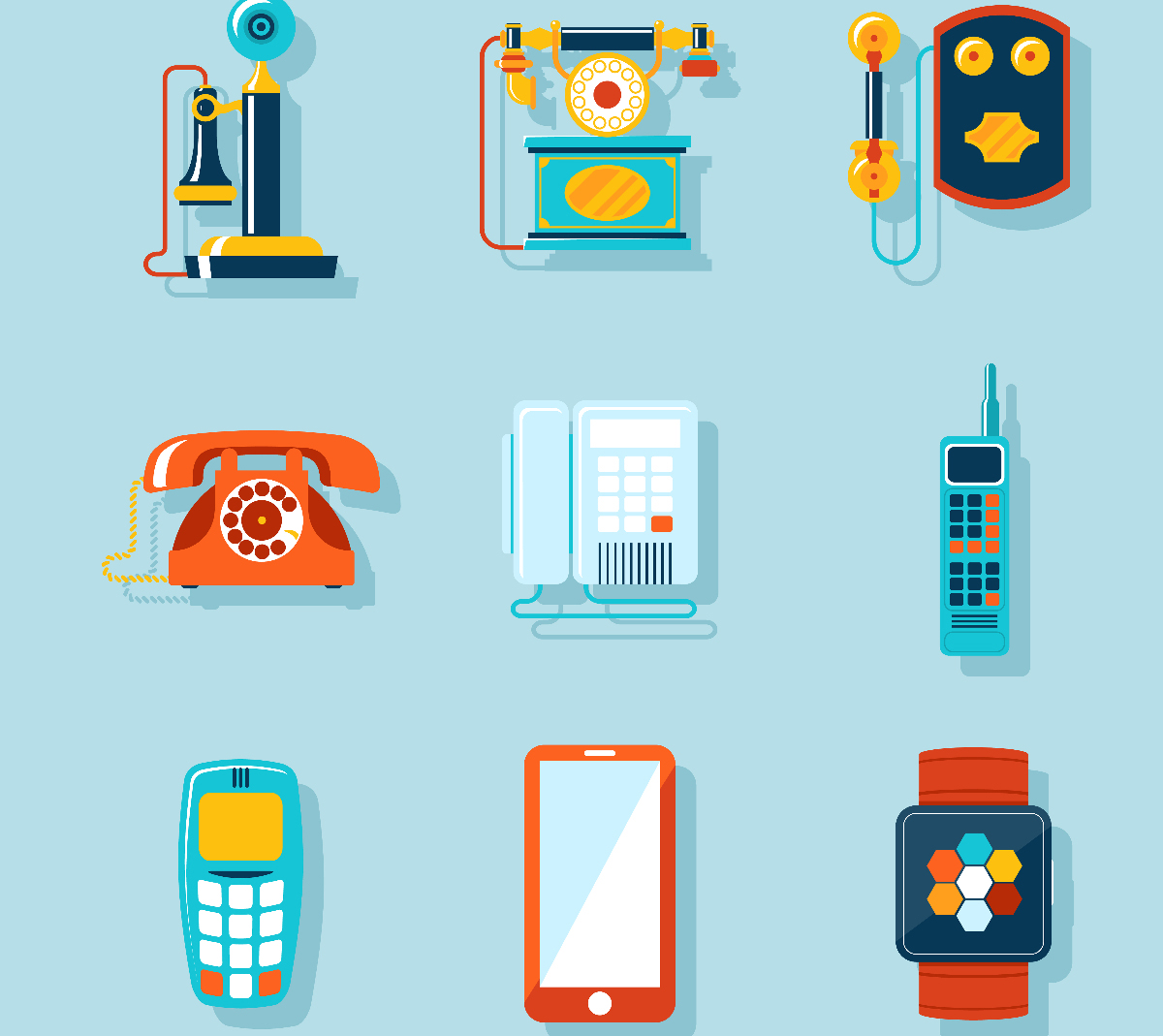On 10th March, 1876 the first phone call in human history was made. The call was between the inventor of the telephone, Alexander Graham Bell and his assistant, Thomas Watson. The first words uttered over the telephone were “Mr Watson, come here. I want to see you.”
Since that day, the very idea of a phone has evolved drastically. The phone has become a small device that one can place into one’s pocket as one goes about one’s day. A phone is no longer just a tool for communication, but a device capable of performing tasks to aid or completely replace human efforts. A phone can calculate, direct, store information and even entertain an individual.
When Alexander Graham Bell invented the telephone, he would have been deeply overjoyed with the expectation that his invention would help to not only connect human beings, but also develop the economy and even save lives. For decades, we have been enjoying these very advantages of his invention alongside so many other benefits. However, we are also experiencing consequences that Bell may have never predicted in the entirety of his lifetime, and our young people are bearing the brunt.
We have always had the understanding that no tool or device is inherently evil. After all, they are inanimate objects, and can thus only be as harmful as their users cause them to be. This is the case with phones as well.
The modern cell phone has become the root cause for issues such as cyber-bullying, social media addiction and low self-esteem amongst young people. It also, however, plays a major role in connecting young people and engaging them in marvellous feats of positive change. For example, an initiative termed “Team Seas” was launched in 2019 with the main goal to raise money to clean our oceans and seas. Through various social media platforms, over US$30 million was raised for this purpose.
We are now living in a digital era, and there is no need to debate whether or not technology like cell phones is required or should even be allowed to exist in our world. This is because the answer has become exceedingly clear – technology is a vital part of mankind, and spending our energy on improving it can open seemingly impossible doors. What we do need to consider is how much we are willing to do with the abilities we have gained through technology.
Cell phones are only one example of the untapped potential we wield at our fingertips, in both a literal and figurative sense. When describing a world obsessed with technology and social media, a very specific image is conjured up. This image is that of a crowd holding up cell phones to record a tragedy or injustice as it is occurring. There is an obvious sense of discomfort that this image produces because it seems that the crowd is demonstrating a lack of empathy towards those experiencing the situation.
This image also makes another impression – one that is positive. Those who choose to record such events are not being unempathetic, but instead are choosing to act up against the injustice they see in the only way possible. Through their cell phones, they are giving themselves the ability to record an event and share it with others so that they can learn from it and prevent it in the future. Albert Einstein once said “The human spirit must prevail over technology.” His quote is not a warning against technology, but rather words that encourage us to embrace it as a way to give the best aspects of human nature a chance to grow.
As this young generation grows alongside technology, let us practise our human spirits’ desire to act and to impact this world.










